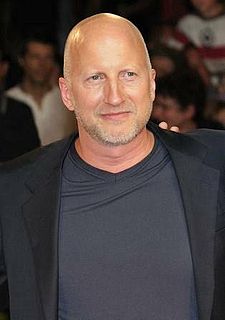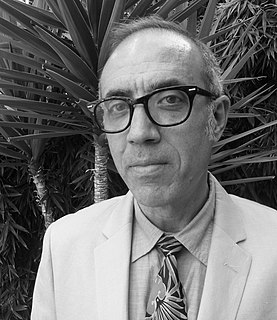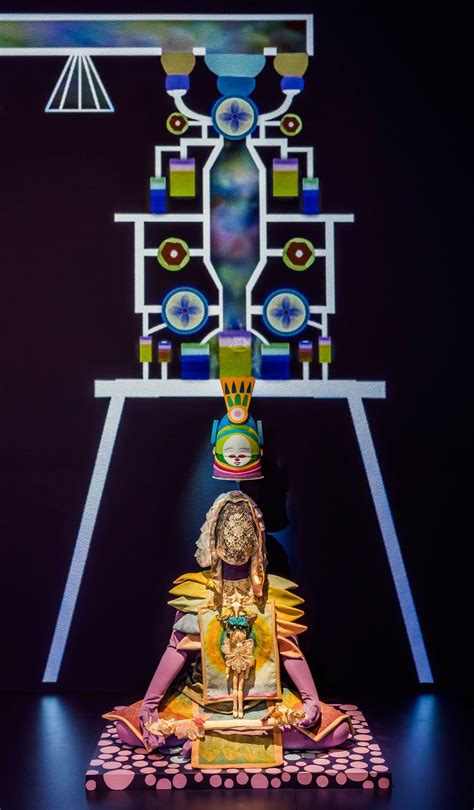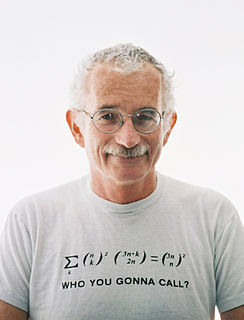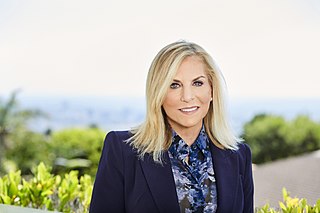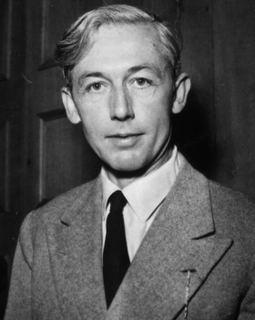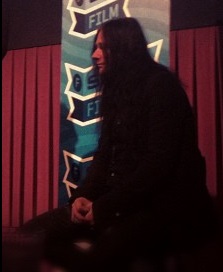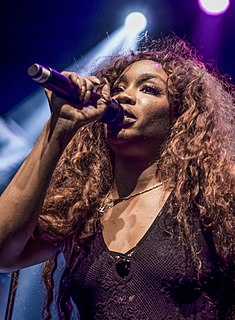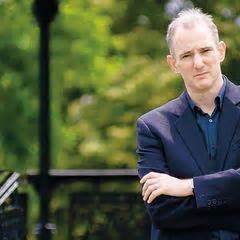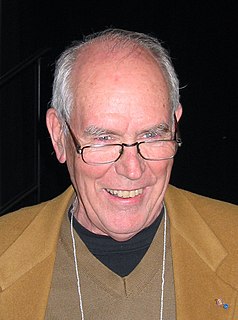A Quote by John Hillcoat
My own personal aesthetic is all to do with real actors and real locations and a kind of almost hyper reality and actuality to things. But the digital world, I explore that through other mediums, with music videos and commercials. Even 'The Road' was a real learning curve for me with digital effects.
Related Quotes
The dozens of people working on this at Digital Domain, they knew that you couldn't get away with almost photo real, because we had real real in the room. You have real real in the cut every four or five shots, so you have this constant yardstick built into the footage by virtue of there being no real robot there. So it became the standard of photo reality that the VFX team had to match.
I prefer to take actors and put them in real settings and real locations and real situations rather than create artificial locations that serve the characters. It's just much easier when you are walking down the street with your actors to do that in a real street that's still open with people on it, rather than to close it off and bring in extras.
Reality is not digital, an on-off state, but analog. Something gradual. In other words, reality is a quality that things possess in the same way that they possess, say, weight. Some people are more real than others, for example. It has been estimated that there are only about five hundred real people on any given planet, which is why they keep unexpectedly running into one another all the time.
The advertising marketplace is moving rapidly into digital videos. We know that by 2018 it is estimated that it will be a $12.2 billion business. We've been seeing the agencies combine their digital video spend with television spend and put it under one spend and just calling it "video." The pool of money is becoming much bigger. The comparisons between television and digital video are being made much more often because you can account for who's watching, you can't fast-forward through the commercials. There's a much more intimate relationship with someone watching digital video.
Reality became for me a problem after my experience with LSD. Before, I had believed there was only one reality, the reality of everyday life. Just one true reality and the rest was imagination and was not real. But under the influence of LSD, I entered into realities which were as real and even more real than the one of everyday. And I thought about the nature of reality and I got some deeper insights.
Now that's a concept that's always fascinated me: the real world. Only a very specific subset of people use the term, have you noticed? To me, it seems self-evident that everyone lives in the real world - we all breathe real oxygen, eat real food, the earth under our feet feels equally solid to all of us. But clearly these people have a far more tightly circumscribed definition of reality, one that I find deeply mysterious, and an almost pathologically intense need to bring others into line with that definition.
